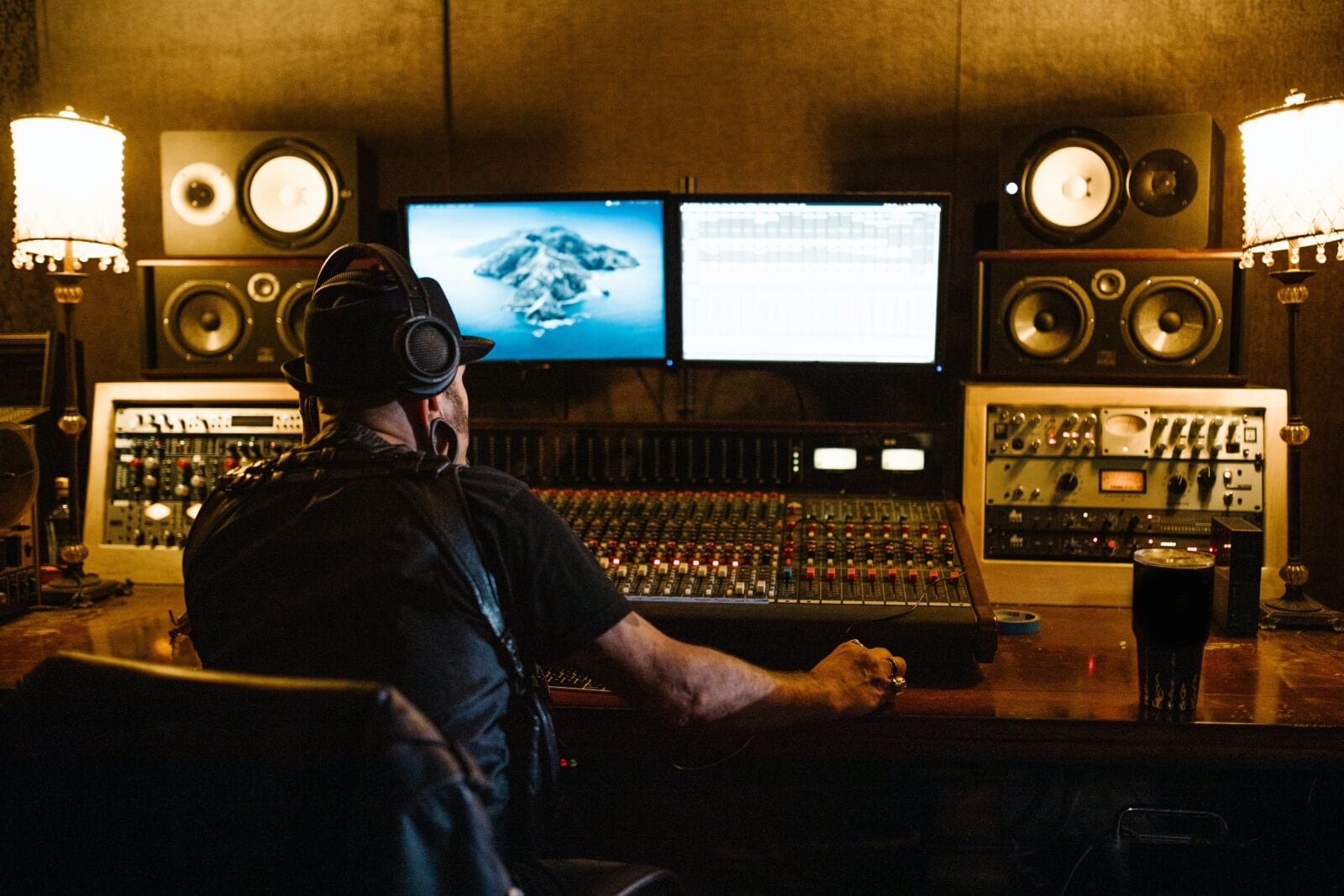In a digital world where attention spans are short and content competition is fierce, Arizona businesses are discovering an often-overlooked secret weapon: licensed music. From social media campaigns and product launches to branded podcasts and video ads, music has become a powerful tool for companies looking to forge emotional connections with their audiences—and they’re making sure to do it the right way.
As more businesses across the state shift toward video-first marketing strategies, the demand for professionally produced, properly licensed music has surged. Not only does it elevate content, but it also protects companies from the legal risks that come with using unlicensed tracks.
LOCAL NEWS: 100 best places to work and live in Arizona for 2025
DEEPER DIVE: Here are retailers coming to Northside at SanTan Village in Gilbert
The sound of a changing digital landscape
Today’s consumers don’t just watch content—they feel it. A polished video with an energetic beat, a branded Instagram reel with a soothing melody, or a podcast intro with a catchy tune can all influence how audiences perceive a business. For Arizona brands competing in sectors like tourism, real estate, retail, and healthcare, licensed music isn’t just a finishing touch—it’s part of the core storytelling.
“Music sets the tone, creates emotional context, and builds brand recognition faster than visuals alone,” says Dana Harrell, founder of a Scottsdale-based creative agency that specializes in digital media for small businesses. “Without it, even the best-looking content can fall flat.”
Why licensed music matters
Despite the benefits, using music online comes with a hidden danger: copyright infringement. Platforms like Instagram, YouTube, and Facebook use advanced detection systems that can flag or mute content with unlicensed music. Worse, companies could face takedown notices, fines, or damaged reputations.
That’s why Arizona businesses are increasingly turning to royalty-free music libraries and licensing platforms such as Artlist, Epidemic Sound, and Soundstripe. These platforms offer high-quality tracks created specifically for use in marketing, advertising, and branded content. With the rise of subscription-based models, even small and mid-sized companies can access a wide range of professional music without breaking the bank.
For brands looking to promote across channels, it’s a no-brainer. Whether it’s a promotional video for a Phoenix-based resort or a time-lapse of a new Tucson restaurant under construction, licensed music ensures content can be safely shared—without creative or legal restrictions.
Building brand identity through sound
Just as logos and color schemes define visual branding, music can play a key role in shaping brand identity. Arizona businesses are leveraging sound to reflect their values, energy, and audience connection.
Take, for example, a wellness brand based in Sedona. By consistently using ambient, nature-inspired music in its content, it reinforces the serenity and grounding experience it offers clients. Similarly, a craft brewery in Tempe might opt for indie rock or upbeat acoustic tracks that convey authenticity and energy.
“People remember how a brand makes them feel, and music is one of the fastest ways to influence that feeling,” explains Mia Coleman, a Mesa-based brand strategist. “It creates a vibe, and that vibe becomes part of your brand’s personality.”
What are the steps to legally license music for a commercial project?
For businesses ready to invest in high-quality sound, the good news is that licensing music is simpler than it seems—especially with modern platforms built for creators and companies alike. Here are the key steps:
- Define your usage
Start by understanding how and where the music will be used—on social media, in ads, at events, or in a video series. The intended usage determines what kind of license you’ll need. - Choose a reputable licensing platform
Platforms like Artlist, PremiumBeat, and AudioJungle offer libraries curated for business use. Some charge per track, while others provide unlimited access via subscription. - Select music that fits your brand
Use filters like mood, genre, tempo, or instrument to find tracks that align with your visual and emotional messaging. - Purchase or download under a commercial license
Make sure the license you’re purchasing explicitly covers commercial usage and distribution on your chosen platforms. Look for “universal” or “business” licensing tiers. - Save your license documentation
Always retain proof of licensing in case of Content ID claims or audits. Most platforms allow you to download a license certificate with each track.
By following these steps, Arizona businesses can avoid the pitfalls of using unlicensed music while creating compelling audio-visual content that resonates with their audience.
Local momentum: Arizona brands leading with sound
Several Arizona-based businesses are already ahead of the curve. A Scottsdale fitness studio uses cinematic percussion to energize its Instagram reels. A Tucson real estate agency pairs calming piano with walkthrough videos to enhance viewer focus. Even local tourism boards have turned to desert-inspired acoustic tracks to highlight scenic drone footage of Arizona’s natural beauty.
In each case, music becomes more than just a background track—it becomes a strategic asset that adds clarity, emotion, and memorability to the message.
And while many companies still ask, “Can’t I just use music I like from Spotify or YouTube?” the answer is clear: not unless it’s properly licensed. For those committed to growing their brand online, choosing licensed music for commercial use is an investment in both creative quality and legal peace of mind.
Final thoughts: investing in the sound of success
In today’s fast-moving digital marketplace, Arizona businesses know that storytelling is the foundation of marketing—and music is a vital part of that story. Whether they’re producing weekly content for social media, launching a new product, or connecting with audiences through video, sound matters.
Licensed music allows brands to create polished, professional content that sounds as good as it looks. It eliminates legal gray areas and boosts engagement, all while supporting composers and producers behind the scenes.
As the internet gets louder and more crowded, one thing is certain: the companies investing in the right soundtrack are the ones audiences will remember.




